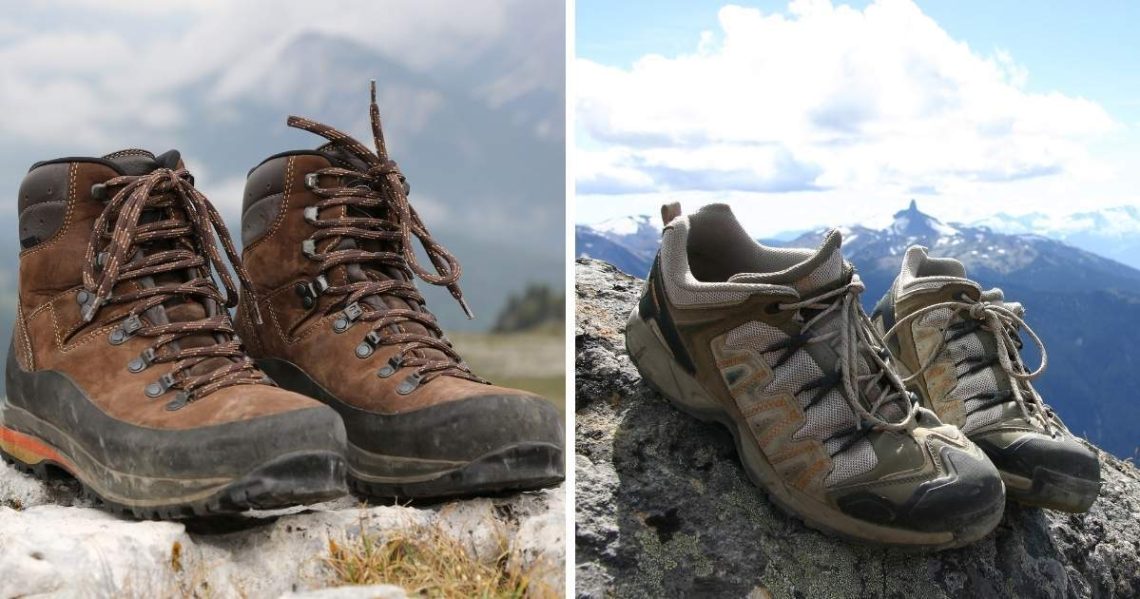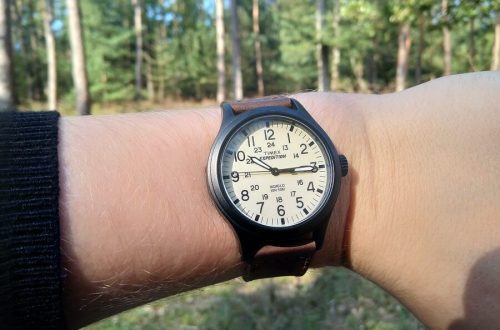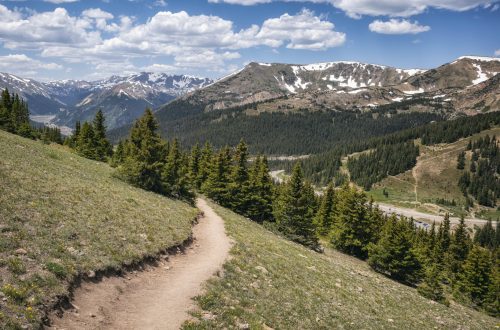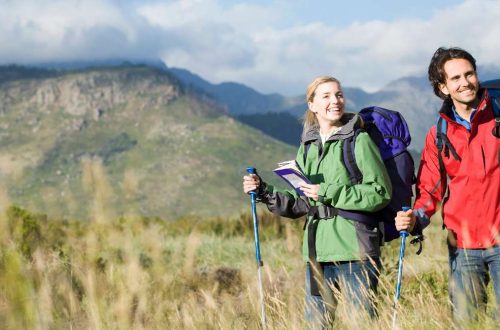Planning a backpacking trip? The question of footwear inevitably arises. Do you really need those heavy, clunky hiking boots, or can you get away with something lighter? It’s a debate as old as backpacking itself, and the answer, like most things in life, isn’t a simple yes or no. It depends on a variety of factors, from the terrain you’ll be traversing to your personal preferences and experience. Let’s dive into the nitty-gritty and help you decide what’s best for your adventure. After all, happy feet equal a happy trip!
Understanding the Importance of Footwear for Backpacking
Choosing the right footwear for backpacking isn’t just about comfort; it’s about safety, performance, and overall enjoyment. Your feet are your primary mode of transportation, and protecting them from the elements and potential injuries is crucial. Think of them as the engine of your backpacking machine!
Why Footwear Matters on the Trail
- Support: Proper footwear provides ankle support, reducing the risk of sprains, especially on uneven terrain.
- Protection: Boots protect your feet from rocks, roots, and other trail hazards.
- Traction: Good traction is essential for navigating slippery or steep sections.
- Comfort: Comfortable footwear can prevent blisters and other foot problems, making your trip much more enjoyable.
But does all of this require a traditional hiking boot? Let’s explore the alternatives;
The Case for Hiking Boots for Backpacking
Traditional hiking boots have been the go-to choice for backpackers for decades, and for good reason. They offer a robust combination of support, protection, and durability. But are they always the best option?
Benefits of Hiking Boots
- Superior Ankle Support: High-cut boots provide excellent ankle support, crucial for navigating rocky and uneven terrain.
- Enhanced Protection: Stiff soles and durable uppers offer superior protection against sharp rocks and other hazards.
- Water Resistance: Many hiking boots are waterproof or water-resistant, keeping your feet dry in wet conditions.
- Durability: Hiking boots are built to last, withstanding the rigors of backpacking.
Consider hiking boots if you’re planning a trip with heavy loads, challenging terrain, or unpredictable weather. They might just save your ankles!
Exploring Alternatives to Hiking Boots for Backpacking
The backpacking world is evolving, and so are footwear options. Lighter, more flexible alternatives to traditional hiking boots are gaining popularity. But are they right for you?
Hiking Shoes and Trail Runners: A Lighter Option
Hiking shoes and trail runners offer several advantages over hiking boots:
- Lighter Weight: Reduces fatigue and allows you to move faster.
- Increased Flexibility: Provides a more natural feel and allows for greater agility.
- Better Breathability: Keeps your feet cooler and drier in warm weather.
- Faster Drying Time: Dries more quickly than hiking boots if they get wet.
However, they also have some drawbacks. They offer less ankle support and protection, and may not be suitable for heavy loads or very rugged terrain; So, it’s a trade-off!
Factors to Consider When Choosing Backpacking Footwear
Ultimately, the best footwear for backpacking depends on your individual needs and preferences. Here are some key factors to consider:
Terrain, Trip Length, and Pack Weight
- Terrain: Rocky, uneven terrain calls for more support and protection.
- Trip Length: Longer trips may require more durable footwear.
- Pack Weight: Heavier loads necessitate more support.
- Weather Conditions: Wet or cold weather may require waterproof or insulated footwear.
- Personal Preference: Some people simply prefer the feel of hiking boots, while others prefer the freedom of trail runners.
Think carefully about these factors before making your decision. There’s no one-size-fits-all answer!
Frequently Asked Questions About Backpacking Footwear
So, do you need hiking boots for backpacking? The answer, as you’ve probably gathered, is a resounding “it depends.” Consider your trip, your preferences, and your experience level. Choose wisely, break them in, and happy trails! Ultimately, the best footwear is the one that keeps your feet happy and healthy, allowing you to fully enjoy the wonders of the backcountry. Don’t be afraid to experiment and find what works best for you. Now get out there and explore!






